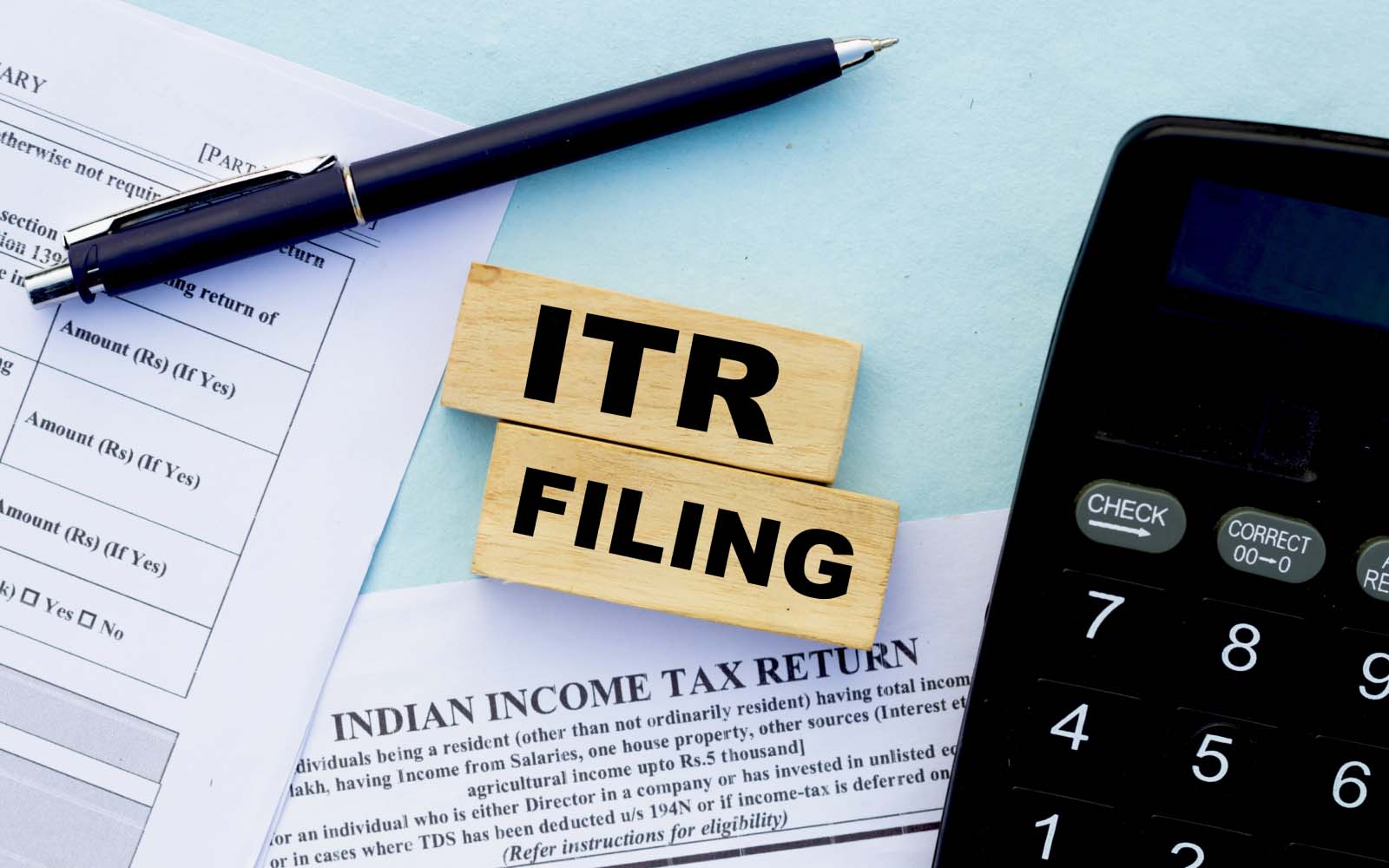Extended Deadline for Filing Updated Income Tax Returns: Key Changes and Implications
The Union Budget 2024–25 has proposed extending the deadline for filing Updated Income Tax Returns (ITRs) from two years to four years. This change, introduced through the Finance Bill 2025, will provide taxpayers with additional time to rectify errors or omissions in their past returns.
What is an Updated Return?
An Updated Return is filed under Section 139(8A) of the Income Tax Act, 1961. It allows taxpayers to correct errors or omissions in their original or revised return. This option is useful in cases where:
- Income was omitted or underreported.
- A taxpayer failed to file a return despite exceeding the threshold limit.
- Excessive losses or refunds were claimed in the original return.
Filing an Updated Return ensures compliance and helps avoid penalties for incorrect tax reporting.
Extended Deadline for Filing Updated Returns
Currently, an updated return can be filed within 24 months from the end of the relevant assessment year. The Finance Bill 2025 proposes extending this period to 48 months, giving taxpayers more time to correct past errors.
Key Conditions for Filing an Updated Return
- An updated return can only be filed if additional tax is payable or a previous loss claim is reduced.
- Taxpayers cannot file an updated return to claim a higher refund or reduce tax liability.
- Losses cannot be adjusted against income through an updated return.
Additionally, the option is unavailable if:
- A search or survey has been initiated.
- Reassessment proceedings are pending.
- Proceedings under the Black Money Act, Prevention of Money Laundering Act (PMLA), or the Benami Transactions Act are ongoing.
- The tax department has received information under the Double Taxation Avoidance Agreement (DTAA) or Tax Information Exchange Agreement (TIEA).
Compliance Benefits of Filing an Updated Return
- Avoiding Tax Audit Scrutiny: Filing an updated return voluntarily helps mitigate the risk of audit proceedings.
- Reducing Penalties: Filing within two years incurs an additional tax of 50%, whereas authorities may impose penalties of up to 200% if discrepancies are detected.
- Avoiding Prosecution (Section 276CC): Filing ensures compliance and avoids legal consequences.
- Meeting Business & Financial Requirements: Updated ITRs are often required for government contracts, loans, and visas.
Additional Tax Liability & Costs Involved
Filing an updated return comes with an additional tax liability:
- 25% additional tax if filed within two years.
- 50% additional tax if filed between two to four years.
This additional tax cannot be adjusted against losses, and no increased refund can be claimed through an updated return.
Precautions Before Filing an Updated Return
- Verify Eligibility: Ensure that you qualify under Section 139(8A).
- Confirm Expiry of Belated & Revised Return Deadlines: Ensure that standard deadlines have passed.
- Ensure Accuracy: The updated return cannot be revised once filed.
- Maintain Supporting Documents: Keep bank statements, salary slips, and investment proofs for scrutiny.
- File Timely: Filing before December is recommended to avoid last-minute issues.
Conclusion
The extension of the deadline for filing updated returns to four years is a significant move that enhances taxpayer flexibility while ensuring compliance. However, taxpayers must carefully assess their eligibility, additional tax liability, and documentation requirements before filing.
For professional assistance in filing your Updated ITR, consult a tax expert or visit the official Income Tax Department website.

Comments
Post a Comment